On Thursday July 1, 2021, Pope Francis hosted a day of prayer for Lebanon with 10 senior Lebanese Catholic and Orthodox leaders. They spent the day discussing the future of Lebanon which is currently in a very serious economic crisis. Throughout its existence, it has experienced civil war, terrorism, invasion, occupation, military intervention and political intimidation, but has somehow managed to survive. But with political leadership lacking and economic ruin unseen since the mid-19th century, Lebanon may collapse. A few days earlier the Vatican warned that such a collapse could jeopardize the Christian presence in the Middle East. Pope Francis had said earlier this year that “it is most necessary that the country maintain its unique identity, not least to ensure a pluralistic, tolerant and diversified Middle East in which the Christian community can make its proper contribution and not be reduced to a minority in need of protection. Christians with their educational, health, and charitable works, are an intrinsic part of Lebanon’s historical and social fabric, and they must be guaranteed that possibility of continuing their efforts for the good of the country, of which they were founders.” In that earlier speech, Pope Francis added that “without an urgently needed process of economic recovery and reconstruction, the country risks bankruptcy, with the possible effect of a dangerous drift towards fundamentalism.” Lebanon exports little and imports heavily, while it has one of the world’s largest debt burden due to years of inefficiency, waste and corruption. It is the home of almost 7 million people and in the 10 years of the war in neighboring Syria, it has received 1.5 million Syrian refugees. Many of the refugees compete with the Lebanese for affordable housing, decent work, and services. The Lebanese pound has lost more than 90% of its value against the U.S. dollar since 2019 and inflation has skyrocketed, wiping out people’s wages and causing food prices to triple. It is believed that half the population is living below the poverty line. Bank accounts have been put under tight restrictions, leaving people unable to withdraw their savings or transfer money abroad. Unemployment among those 35 years of age and younger is at 37%. Basic public services such as electricity, water and sanitation are poor and there are daily power cuts. The government is bloated with political appointees and is deeply corrupt. Lebanon’s president has failed to form a government in 8 months. To add to the problems, on August 2020 at a fertilizer storage facility in Beirut, there was a massive explosion killing at least 190 people, injuring over 6,000, causing $10 billion in property damage, and leaving 300,000 people homeless. Lebanon’s senior officials have apparently blocked the investigation into who is responsible. Despite a COVID-19 pandemic surge, angry Lebanese are protesting in the streets. Families have been forced to make difficult decisions to survive, such as using child labor, child marriage, and reduced food consumption. The Vatican’s day of prayer for Lebanon began with a moment in front of the high altar at St. Peter’s Basilica. There Arabic, Armenian, and Syriac prayers were said. Pope Francis and the religious leaders then lit candles in the crypt chapel at the tomb of St. Peter. A choir of students from Lebanon chanted hymns. The day was not intended to seek a political solution, but to “walk together” and pray to God and ask for a response to the cry of the Lebanese people and alleviate their suffering.
